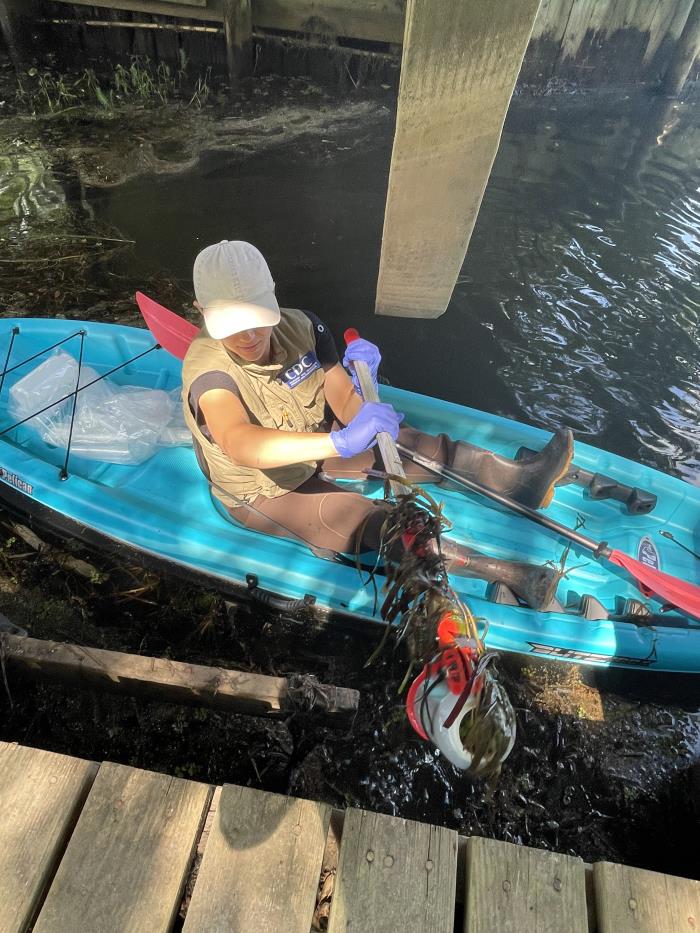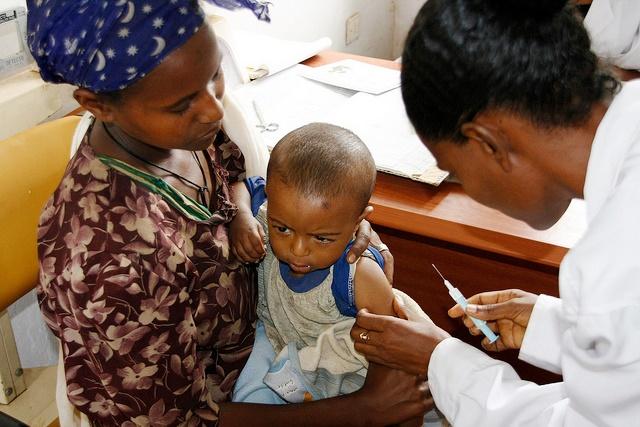
Over a 3-year period, three men in Mississippi were infected with a newly identified strain of the bacterium that causes melioidosis after contact with contaminated water and soil, the first known cases of environmental transmission in the continental United States, the New England Journal of Medicine reports today.
Caused by Burkholderia pseudomallei, melioidosis is a potentially life-threatening disease typically spread through inhalation, ingestion, or skin contact with the water or soil of tropical and subtropical regions, where it is endemic.
"Melioidosis is rare in the United States; the Centers for Disease Control and Prevention (CDC) has received reports of approximately 12 cases each year that were determined to have been predominately associated with travel to regions in which melioidosis was endemic," the CDC-led investigative team wrote.
The CDC had reported the first two cases and an earlier outbreak traced to an aromatherapy room spray in 2022.
Melioidosis may be endemic in region
The men, who lived in the same Gulf Coast county but didn't know each other, sought care at a hospital with conditions such as acute respiratory distress, multi-organ failure, pneumonia, and sepsis and were diagnosed as having melioidosis in 2020, 2022, and 2023, respectively.
Blood cultures revealed the same Western Hemisphere B pseudomallei strain in all three men, who reported symptoms such as fever and shortness of breath. The men reported no travel to melioidosis-endemic areas. Two men recovered after receiving antibiotics, and one is recovering.
Clinicians should consider melioidosis in patients with a compatible illness who reside in or have traveled to the Gulf Coast region of the southern United States or to areas where B. pseudomallei has historically been endemic.
The investigators tested 168 environmental samples from areas where the two patients lived, worked, and fished (eg, a tugboat, plants, dead fish), discovering B pseudomallei in three water and soil samples from one man's property.
"These findings indicate that melioidosis may be endemic to the Mississippi Gulf Coast region," they wrote. "Clinicians should consider melioidosis in patients with a compatible illness who reside in or have traveled to the Gulf Coast region of the southern United States or to areas where B. pseudomallei has historically been endemic."













